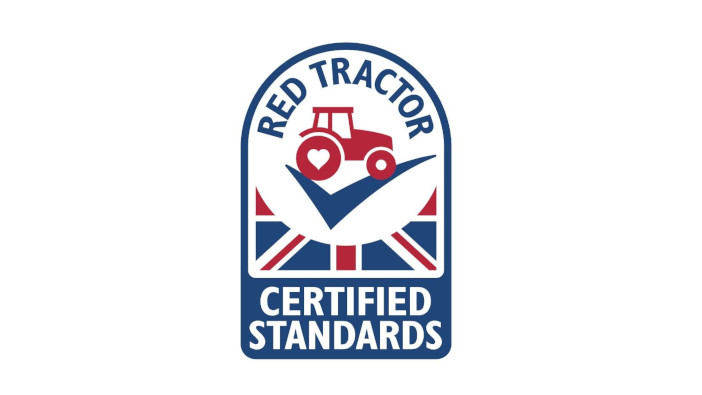A review of Red Tractor was carried out by Campbell Tickell following concerns from the NFU Council about their new bolt-on environmental module, the Greener Farms Commitment (GFC).
It aimed to assess Red Tractor’s decision-making procedures and transparency, as well as the processes that go into consultation, the development of standards and engagement with stakeholders.
The GFC, which proved hugely controversial for confusion around consultation and where payment for extra requirements would come from, was found to fall “full-square” into Red Tractor’s standards of food safety, animal welfare and environmental protection.
The report also commented that the pressures surrounding the GFC rollout were the most difficult the company ever faced, balancing the needs of consumers, retailers, processors, farmers and government.
It specifically makes mention to the fact that the role of the report was not to investigate the events surrounding the GFC rollout last year or to assign blame.
See also: Thousands of British farmers join government incentive schemes
Red Tractor itself was found to have sound governance and there were no unlawful breaches, but the report laid out how some members felt unclear as to what their roles in the organisation were.
Some members also said that they found Red Tractor to have a “closed, top-down and controlling culture…having lost touch with farming communities.”
While levels of transparency in Red Tractor were very high, the complexities of the structures and schemes which it handles sometimes led to less clarity through over-explanation.
Red Tractor chair Christine Tacon said: “The review sends a clear message about the level of frustration farmers feel and we need to listen carefully to their views.
“We will also continue to increase our efforts and investment in communicating Red Tractor’s purpose and benefits to farmer members.”
The report set out future recommendations for Red Tractor, namely to create a governance Handbook and board member code of conduct, to clear up uncertainty in job roles and ensuring members “united around common purposes” and “behave accordingly”.
It also said that a top priority was in increasing communication and relations, extending resources to farmers as soon as is practical, alongside reviewing the Red Tractor risk map so that it stays relevant in an ever-changing climate.
The full report can be read here.


